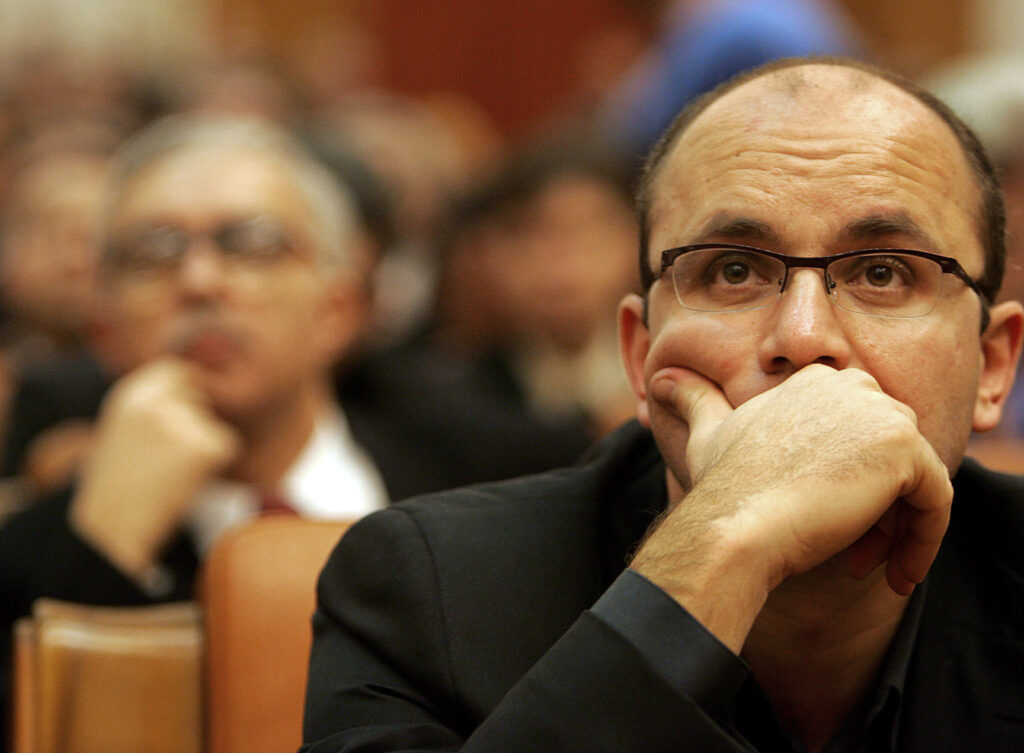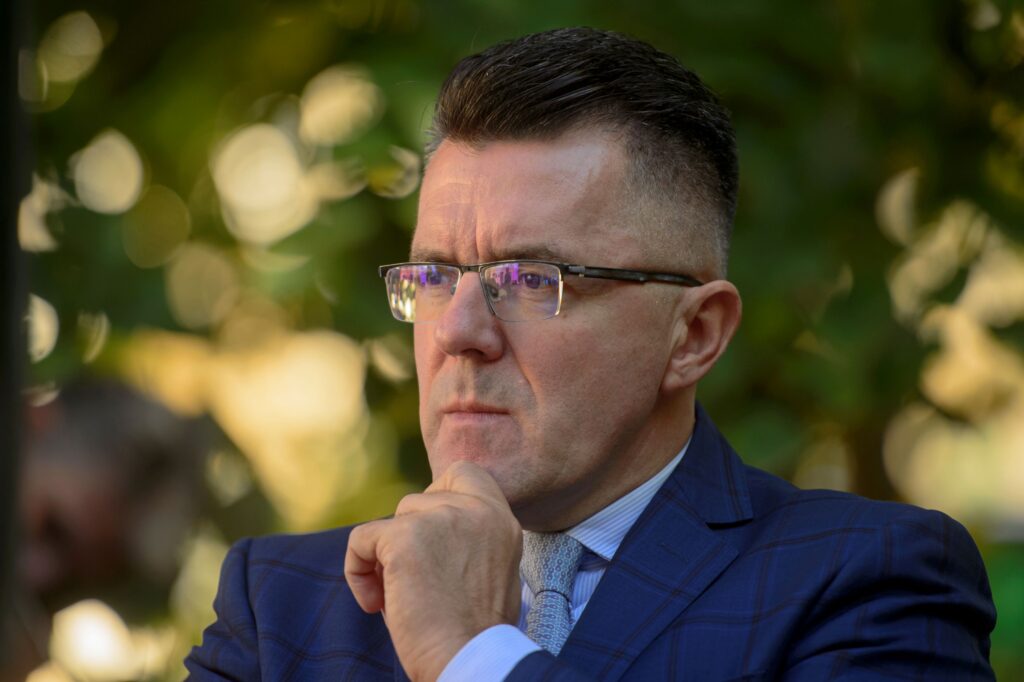In December 2024, shortly after the shock caused by the cancellation of the presidential elections, an INSCOP survey published a surprising figure in relation to the charged atmosphere and intense propaganda on social networks: 87.5% of the population wants Romania to continue to move towards the West, with support for Russia being only 4.1%.
Even more unusual is the fact that this figure is 10 percentage points higher than in January 2022, just a few weeks before Putin attacked Ukraine.
So, the border war has strengthened the pro-Western support of the Romanian public opinion, and the anti-Russia sentiment has intensified.
The question arises: why then is Kremlin propaganda intensifying, why has Russia invested so much to change the perception of Romanians, with such poor results?
It is true that the Kremlin's objectives are to create dissent in society, a discourse of hate and violence, to provoke crises to weaken the democratic system and political pluralism. For this purpose, it has encouraged fascist and Legionnaire movements in Romania and intensively promoted extremist candidates, such as Călin Georgescu and George Simion.
But lately, there has been a emergence of several strategists, analysts, and former politicians who are switching sides to Russia. Interestingly, they are making this move after years of subtly working without openly taking a pro-Moscow stance.
With all the fragile support in society, it can now be said that a Russian party has been formed in Romania.
An avowed Putinist
"Cozmin Gușă, a well-known Romanian political commentator, pleads for a strategic partnership with Russia," announces the TASS agency, the official information channel from Russia.
And indeed, in an opinion article, the former Secretary General of the PSD and, for a brief period, presidential advisor to Traian Băsescu, announces that he will advocate for a strategic partnership with Russia.
"...in the current geopolitical-regional context, with the US leaving the area, I will declare myself pro-Russian in national interest. I will advocate for a strategic partnership between Romania and Russia based on civilization-Orthodox criteria. I believe this is the only option to avoid war. We can regain prosperity, but also protect natural resources from the planned Western plunder," wrote Cozmin Gușă in an opinion article published on May 25.
It should be noted that after 1990, we are witnessing a premiere, Gușă is the first political figure, with a rich career in the media, who publicly declares support for rapprochement with Russia.

He is not doing this just anytime, but at a time when Vladimir Putin's dictatorial regime is faltering and crumbling due to a conquest war that has been going on for over three years.
In the current context, the statement resembles more of a political suicide than the launch of a debate or a campaign aimed at certain short or medium-term objectives.
And because he has officially become a Putinist, the idea from the article of a strategic partnership between Romania and Russia resonated well with the Kremlin, being immediately picked up by the TASS agency.
Coming back home
Another interesting move that has taken place in recent days was the announcement made by George Simion, the leader of AUR, on his Facebook page: "The new AUR consultant on foreign relations is Dan Dungaciu. Welcome back!"
It's hard not to smile at Simion's greeting. In it lies an ironically stated truth. For those who have followed the public developments of the two, it is very difficult not to associate the term home with Russia.

Dan Dungaciu, a professor at the University of Bucharest, has done nothing in the past three years but to present, from the status of an expert in international affairs, how powerful the Russian army is, how it will defeat Ukraine in two weeks, then, in a few months, how the Kremlin holds strategic and economic superiority.
Coming back home for Mr. Dungaciu, combined with the strategic partnership of Cozmin Gușă with Moscow, suggests a change in strategy regarding Russia's hybrid attack on Romania.
In addition to bringing his supporters to light, it also indicates a shift in political objectives.
The support from Moscow will be focused on AUR, with the Kremlin considering the 5 million votes obtained in the presidential final by George Simion as a promising resource to create a strong vector of Russian influence in Romania.
Russia's protective wing
There are signs that Moscow strategists will abandon the hive-like network, made up of several separate, fragmented groups with the same objective, in order to focus on supporting and developing an extremist political movement, namely AUR, which will have the strength to win future parliamentary elections.
The Kremlin's main concern, as indicated by the two public actions of Gușă and Dungaciu, is to avoid the breakup of AUR, to keep it united, to bring as many ideological forces around Simion as possible, and to transform it into the new FSN, the new state party that is supposed to control Romania in the coming years.
It is difficult to say if the project will succeed. The vulnerability of Putin and the unfavorable international context must also be taken into account, but if Moscow conquers Kiev, then, in a short time, Romania will once again fall under the protective wing of Russia, with all the negative consequences that follow.

